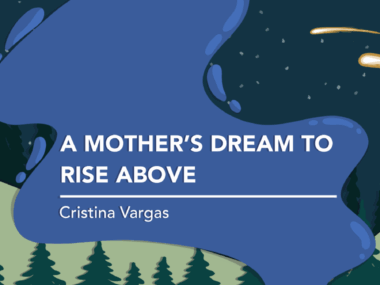Enrollment Begins in Natural History Study of 2 Batten Disease Subtypes
Written by |

Neurogene has enrolled the first patient in a natural history study of CLN5 and CLN7 disease, two forms of late-infantile Batten disease, the company announced.
The study (NCT03822650), which is still recruiting, is being led by Jonathan Mink, MD, PhD, director of the University of Rochester Batten Disease Center in New York. Additional information can be found here.
“Today’s announcement is an important milestone for patients, families and Neurogene,” said Rachel McMinn, PhD, Neurogene founder and CEO said in a press release. “This study is designed to provide critical insights into Batten disease, including identifying important clinical endpoints and enabling researchers to gain a better understanding of this disease.”
Batten disease, also called neuronal ceroid lipofuscinoses, is an umbrella term for rare inherited neurodegenerative conditions that impair cells’ ability to get rid of waste products. This leads to the buildup of toxic deposits composed of fats and proteins, called lipofuscins, across tissues, particularly in the brain and eye.
CLN5 and CLN7 diseases are caused by mutations in the CLN5 and CLN7/MFSD8 genes, respectively. These subtypes of late-infantile Batten disease are characterized by seizures, progressive decline in intellectual and motor capabilities, and loss of vision.
The aim of Neurogene’s natural history study is to investigate the clinical characteristics and natural course of the disease and find meaningful ways of measuring patient outcomes for use in gene therapy studies. The observational study will not include interventions and participants will not be given any investigational therapy.
The study intends to recruit 30 participants (children and adults) with a confirmed genetic diagnosis of CLN5 or CLN7. Participants will be invited to complete questionnaires and perform assessments, including electroencephalography (EEG, a test that detects abnormalities in brain electrical activity), as well as behavior, neuropsychological and cognitive evaluations.
Patients participating in the study may be considered for enrollment in future Neurogene gene therapy trials. The company is currently developing gene therapies for CLN5 and CLN7, both of which have received orphan drug designation from the U.S. Food and Drug Administration — given to therapies with the potential to improve care for patients with rare diseases.
In response to the COVID-19 pandemic, and to expand the number of families able to participate, all patients will be able to enroll and participate in the study either in person or remotely.
“Research on Batten disease, particularly on CLN5 and CLN7 subtypes, could help improve care for children with this difficult condition, including our daughter,” said Hemaxi and Rishi Patel, the parents of a child living with CLN7. “That is why we are so thankful the study is now allowing us and many others to participate virtually from home to help doctors learn more about this rare disease which, hopefully, will lead to potential new treatments.”





